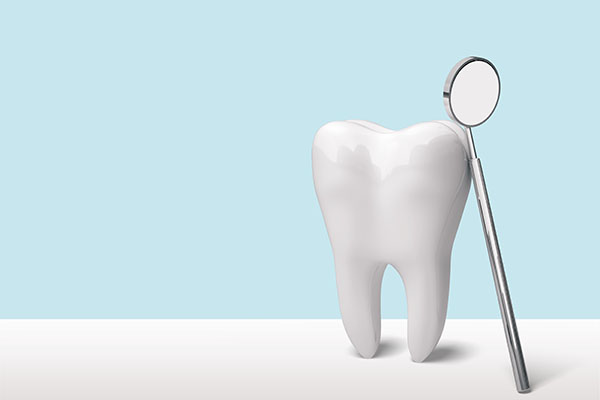Tips to Prepare for Root Canal Therapy

Root canal therapy can keep your damaged tooth intact. This procedure may scare many people because of its invasive nature. Even so, it can provide immediate relief and prevent tooth loss. Here are some tips to prepare yourself for your upcoming root canal therapy.
Talk with the dentist about antibiotics
Research shows that many people do not like to have root canal therapy. This procedure is intrusive. The site will be prone to bacterial infections. An individual may experience pain and swelling at the site. Antibiotics can lower the patient’s risk for infections after the root canal therapy. Find out if the dentist will suggest taking these medications after the procedure.
Ask the right questions
Finding out that there is a need for root canal therapy can cause tension and stress. The only way to relieve these negative feelings is to get the right answers about the treatment. Ask the dentist the necessary questions during the consultation. This is ideal for patients who will have this procedure for the first time.
Get enough sleep
Preparing for root canal therapy involves getting proper sleep before treatment day. This will help the body respond well during and after the treatment. Studies show that the body repairs itself as it sleeps. Restful sleep every night after the procedure can help the body heal faster.
Refrain from consuming tobacco and alcohol at least a day before the treatment
Research reveals that alcohol and tobacco impair proper blood oxygenation and circulation. That is why the patient must stop consuming them at least a day before the root canal therapy. Proper healing can take place if the patient quits drinking alcohol and using tobacco. Making this change will allow the treatment site to heal better.
Take pain relievers before the appointment
There will be a level of discomfort after the root canal therapy. The procedure itself will be painless because of the local anesthetic. Once the anesthetic fades, the site will start to become painful. The patient can experience less pain during and even after the root canal therapy by taking a pain reliever before the treatment begins. Ask the dentist about the ideal brand of medication to take.
Having pain relievers waiting in the medicine cabinet can prevent the patient from rushing to the pharmacy after the root canal therapy. The dentist can prescribe this medication, but over-the-counter pain relievers can do the job as well. Make sure that the right dose is available. This can help the patient ease the pain healthily.
Ask someone to drive the patient home if it is necessary
A local anesthetic is enough to make root canal therapy painless and comfortable for most patients. But others need dental sedation to help with their dental fears. Someone should drive these patients home after the root canal therapy. The effects of the sedation will make it difficult for the patient to make it home alone.
Preparing well for your root canal therapy will make your recovery stress-free
It is always good to get ready with enthusiasm. This will allow you to think of every single aspect of your recovery before the root canal therapy. It will also enable you to focus on recovering well. Working with your dentist can help you achieve your dental health goals in no time.
Request an appointment here: https://www.endosp.com or call Endodontic Specialists, PC at (402) 401-7777 for an appointment in our Omaha office.
Check out what others are saying about our dental services on Yelp: Root Canal Treatment in Omaha, NE.
Related Posts
A root canal specialist can correct any problems that affect the pulp cavity. The internal parts of the tooth affect its health. Issues that occur will need immediate treatment. Here are the signs that you may need treatment from your root canal specialist.This happens when the individual consumes hot or cold foods and drinks. The…
A root canal specialist, also known as an endodontist, is the type of dentist that should be seen when a root canal procedure is needed. Endodontists are dentists who specifically work in diagnosing, treating and preventing injuries and diseases of the dental pulp of the teeth.A root canal is a type of dental treatment that…
An endodontist is a special kind of dentist who can treat damaged or diseased dental pulp. The pulp is the innermost layer of the tooth which consists of soft tissues, nerves, and blood vessels. An endodontist’s education goes beyond the four-year general dentistry program. The extra training that endodontists complete usually takes two to three…
If you have a hole, crack, or chip in your tooth and experience excruciating toothache, a visit to an endodontist may be necessary. Another sign that may require endodontic care is swelling, tenderness, and discoloration of the gums surrounding the damaged tooth. Other symptoms to watch out for are additional swelling around the face or…


